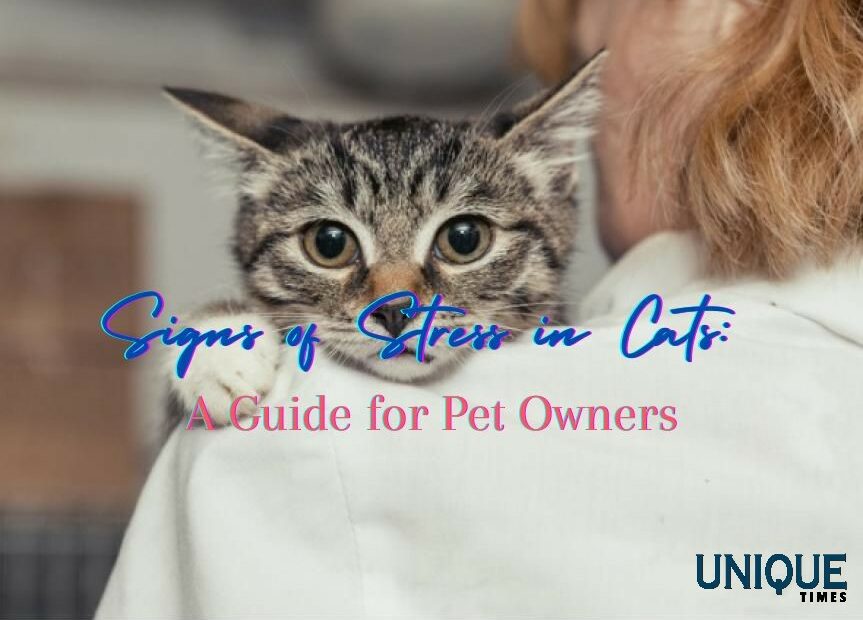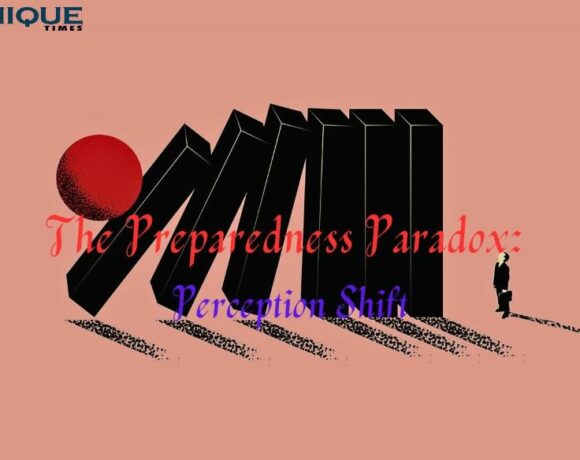Is Your Cat Acting Out of Character? Here Are 6 Signs It Is Stressed

Cats, known for their independent and enigmatic nature, often hide their stress behind a facade of aloofness. As responsible pet owners, it is crucial to recognize the subtle indicators that your feline friend might be experiencing stress. Understanding these signs can help you create a nurturing environment that promotes your cat’s well-being and happiness.
Signs of Stress in Cats:
- Changes in Eating Habits: A sudden decrease or increase in appetite could signal underlying stress or health issues.
- Aggressive Behavior: Uncharacteristic aggression or excessive scratching might indicate that your cat is struggling to cope with its environment.
- Hiding or Withdrawal: If your typically sociable cat begins to isolate itself or hide for extended periods, it could be a sign of heightened stress levels.
- Excessive Grooming: Over-grooming leading to fur loss or skin irritation could be a manifestation of stress-induced behavior.
- Litter Box Avoidance: Avoiding the litter box might be a cry for help, suggesting that your cat is feeling anxious or uncomfortable.
- Unusual Vocalization: Excessive meowing, hissing, or growling could be your cat’s way of expressing distress or discomfort.
Managing Your Cat’s Stress: Understanding your cat’s behavior is the first step toward alleviating its stress. Creating a stable and stimulating environment, ensuring regular playtime, and maintaining a consistent feeding and grooming schedule can contribute to reducing stress levels. Providing safe spaces, such as cat trees or cozy hiding spots, and engaging in interactive play can help alleviate anxiety and promote a sense of security.
Seeking Professional Help: In cases where your cat’s stress persists despite your efforts, consulting a veterinarian or an animal behaviorist can offer valuable insights and guidance. These professionals can help identify the underlying causes of your cat’s stress and recommend appropriate solutions, which may include behavior modification techniques, environmental adjustments, or even medical intervention if necessary.
Conclusion: Cats, though adept at masking their emotions, often display subtle signs of stress that demand our attention and care. By remaining vigilant and responsive to their needs, we can create a nurturing environment that fosters their emotional well-being, allowing them to thrive and flourish as cherished members of our families.
Picture Courtesy: Google/images are subject to copyright








